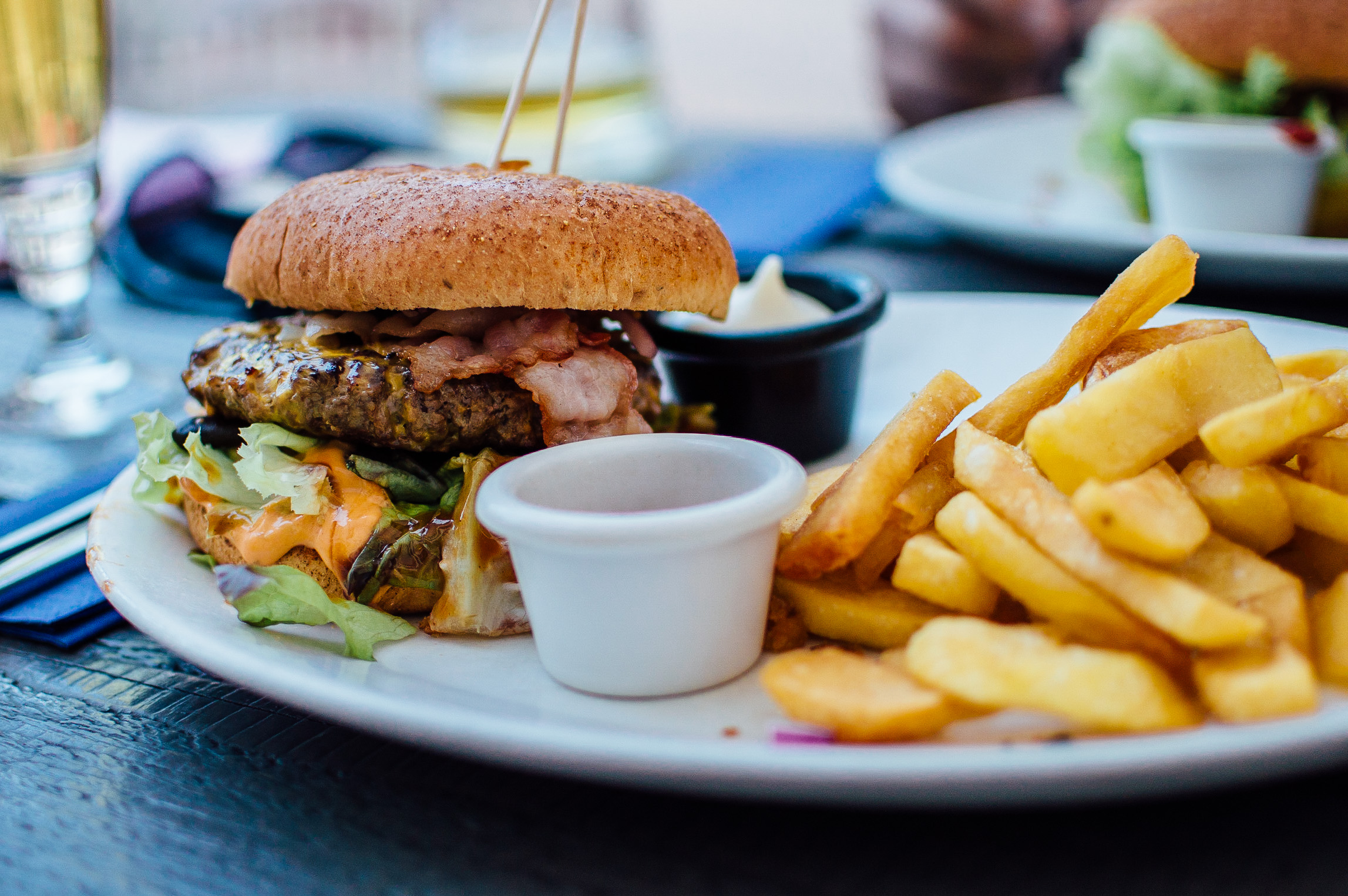You won’t believe what happens to your brain when you eat junk food
08/29/2018 / By Rhonda Johansson

You may be eating yourself stupid, according to some newly published research. A 2015 study has found that people exposed to a typical Western diet, which is high in processed food, sugar, fats, and salt, have smaller hippocampi compared to those who had a healthier, more well-balanced diet of fruits, fish, and vegetables. Around 250 elderly patients were tested and it was found that those who indulged in poor eating habits had a shrunken hippocampus, leading to cognitive decline. This proved true even after accounting for other factors such as medications, gender, and mental health issues.
Lead researcher of the study associate professor Felice Jacka, commented: “We’ve known for some time that components of diet, both healthy and unhealthy, have a rapid impact on aspects of the brain that affect hippocampal size and function, but up until now these studies have only been done in rats and mice. This is the first study to show that this also appears to be the case for humans.”
The hippocampus is the part of the brain that is responsible for memory and learning. People with hippocampal damage are at risk of amnesia or disorientation.
Findings of the study were published in the journal BMC Medicine.
Junk food kills your brain cells
Poor diet can increase blood pressure and cholesterol levels, which in turn disrupts the blood supply to the brain. Eating fatty foods and too many desserts can prevent brain cells from responding to insulin. Insulin is a hormone released by the pancreas in response to the amount of sugar in the body. Insulin keeps blood sugar levels balanced.
However, too much sugar intake can cause the liver and fat cells to no longer respond to the hormone. As with other organs, exposing the brain to excessive amounts of sugar can cause it to stop responding to insulin as well. Brain cells consequently starve and die. Animal studies found that blocking insulin in the brain causes confusion. Rats showed similar patterns to Alzheimer’s disease.
Chewing into an addiction
Multiple studies show that junk food can be just as addictive as cocaine or heroin. The brain is naturally hardwired to engage in behaviors that are pleasurable. When we are happy, hormones such as dopamine are released, telling the brain that this is “good” for the body. Neural connections associated with this behavior are strengthened and it is cataloged as something we ought to do regularly.
Junk food tricks the reward circuits in our brain, manipulating them to release excessive amounts of dopamine. Our brains become overwhelmed by the pleasure of these foods, adapts to the situation, and makes more receptors for dopamine.
More receptors mean bigger demand. Like a junkie, we need more of the same stimulant to get the same “kick.” This can lead to overeating as the brain develops a higher tolerance. A diet rich in sugar and fat is associated with a countless number of life-threatening conditions, the least of which are hypertension and cancer.
Studies have also shown that junk food impairs the development of the prefrontal cortex. This is the area of the brain associated with decision-making and does not fully mature until adulthood. This explains why many children and adolescents are typically more impulsive. Consuming sugary drinks at an early age could affect brain development.
Junk food also damages the brain as a whole. Consuming too much of these foods can inflame neurons. This has a self-perpetuating effect. As neurons die, they send signals to the brain, warning it of a “lack” of essential nutrients. The brain responds by making you hungry. In fact, people with hippocampal damage report being hungry all the time. However, take note that the cravings may not be entirely accurate. The brain has been reprogrammed to need large amounts of sugar to operate normally. A vicious cycle ensues: You eat more junk food to survive, damaging more neurons, causing you to feel hungrier.
Sources include:
Tagged Under: addiction, brain development, brain health, diet, dopamine, hypertension, obesity, poor diet, sugar, sugar addiction, sugary drinks
RECENT NEWS & ARTICLES
COPYRIGHT © 2017 BRAIN NEWS


















